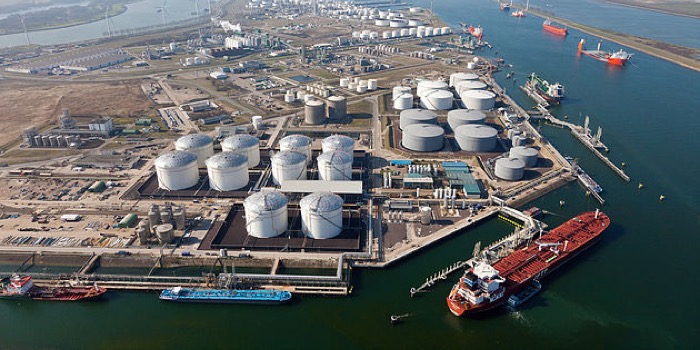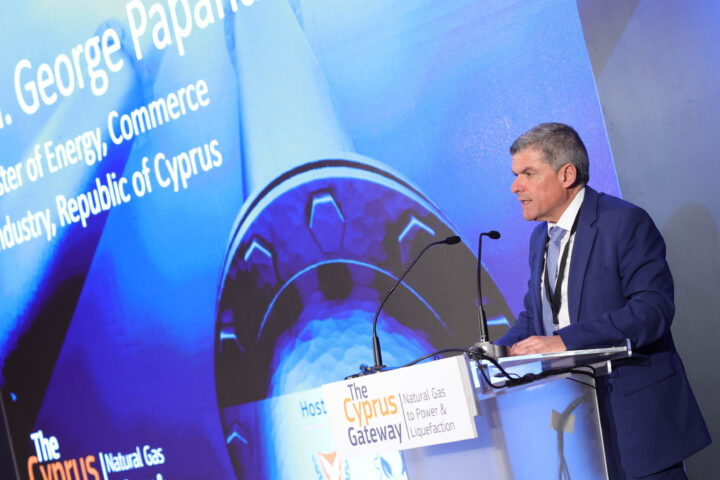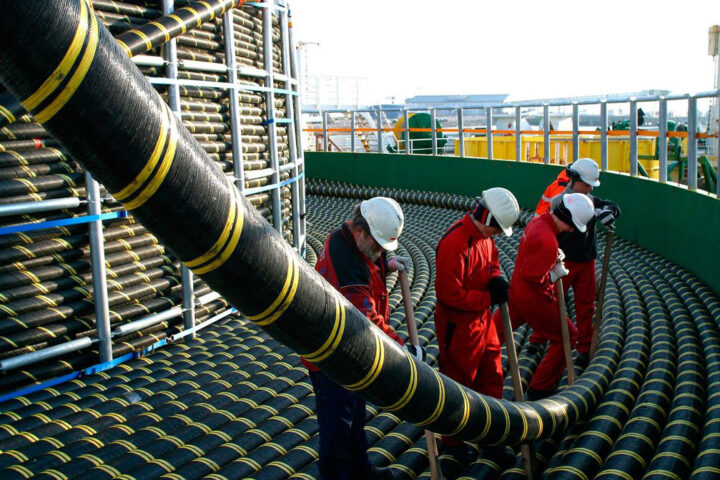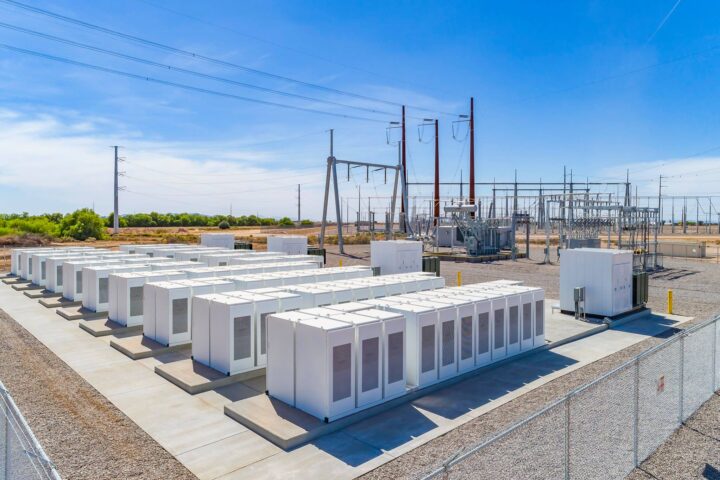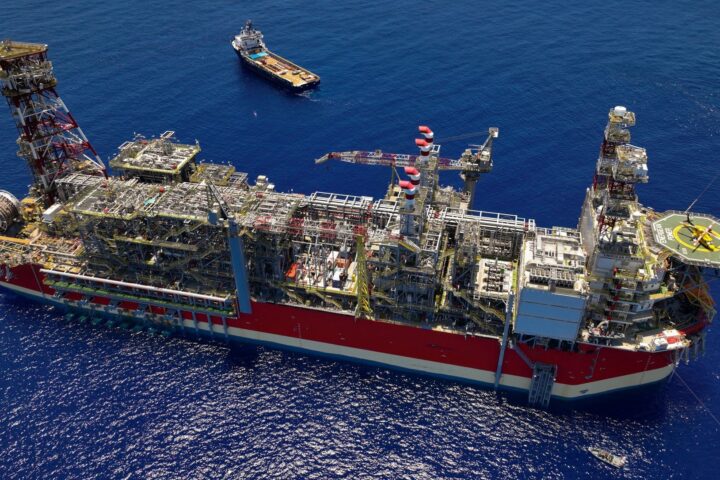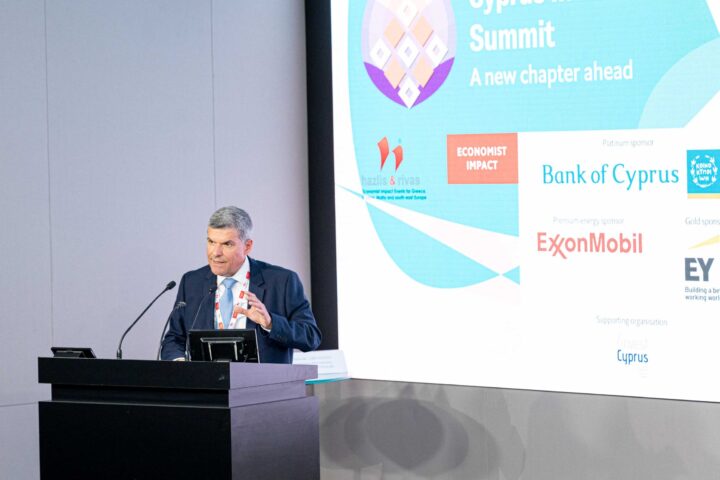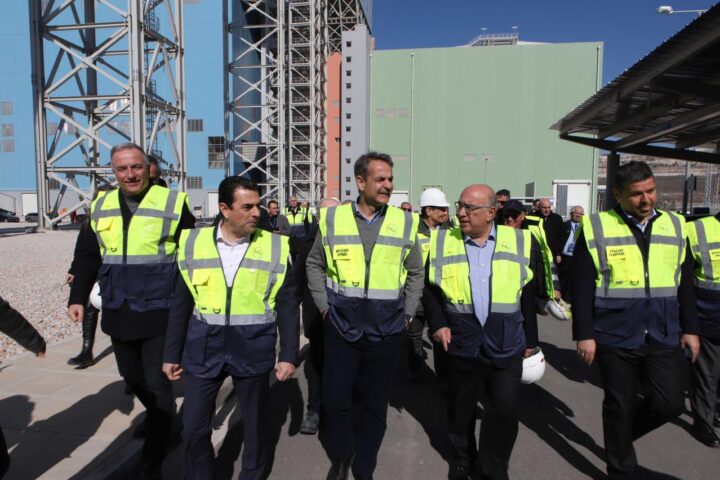The European Commission thinks the natural gas crisis has gone away. However, many energy-intensive companies have either closed or reduced production after being unable to cope with higher energy prices, especially as
Cyprus, Greece and Israel have agreed to deepen their regional energy cooperation to export to Europe, especially natural gas supply and renewables, during a leaders meeting in Nicosia on Monday. “We agreed
The cost of energy in Cyprus has long been expensive, whether fuel for transport or electricity for household and commercial use. And nobody seems to care. When prices at petrol pumps peaked
Energy Minister George Papanastasiou said the energy sector in Cyprus “is currently facing significant challenges” with the high cost of power generation. He told the diaspora conference that addressing these challenges was
The Spanish EU Presidency supports energy cooperation between Cyprus and Israel, said the Spanish Ambassador Gabriel Ferrán Carrión, during a presentation of Spain’s priorities as EU Council chair. On current energy cooperation
Greece’s IPTO takes 25% strategic stake in EuroAsia Interconnector Cyprus is becoming an ‘aircraft carrier’ for Israel to provide its eastern Mediterranean neighbour with a secure supply of energy generated from offshore
Efforts to transition to a carbon-neutral economy are doomed to fail if the government does not invest in energy storage facilities, as the island’s isolated grid cannot handle the excess load from
Follow-through from last month’s G7 meeting, when “increased deliveries of LNG” and “publicly supported gas investments” were endorsed, has started to emerge. US public finance has started to flow for LNG, despite
Minister of Energy George Papanastasiou is in Israel to meet his Israeli counterpart to discuss the possible import of natural gas and build the associated infrastructure. He also hopes to resolve a long-running dispute
Greece appears to be at the forefront in implementing the EU’s green agenda for a 55% reduction of greenhouse gas emissions – compared to 1990 levels – by 2030 and a 42.5%



